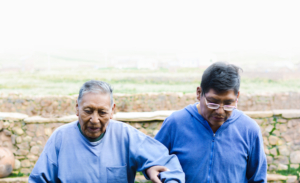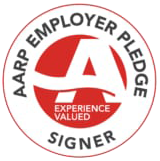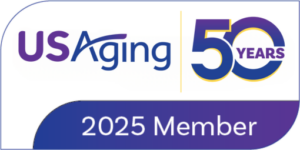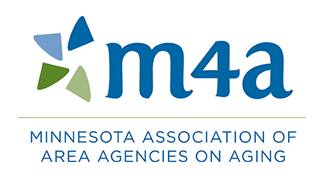May is Older Americans Month
This May, MNRAAA will be highlighting Older Americans Month and recognizing the contributions of older adults throughout the nation. It is also an opportunity to raise awareness regarding abuse and/or neglect within the older adult population. We, as an organization, ramp up our marketing efforts in May to raise awareness about the programs and services we offer to older adults, caregivers, and providers.
MNRAAA will partner with the Administration for Community Living (ACL) to share information on the importance of older adults in our community. This year’s theme is Aging Unbound. The theme for 2023 challenges all of us to think differently about aging. A couple of ways to get involved with this year’s theme include:
- Embrace the opportunity to change. Find a new passion, go on an adventure, and push boundaries by not letting age define your limits. Invite creativity and purpose into your life by trying new activities in your community to bring in more growth, joy, and energy.
- Explore the rewards of growing older. With age comes knowledge, which provides insight and confidence to understand and experience the world more deeply. Expand that knowledge through reading, listening, classes, and creative activities.
- Stay engaged in your community. Everyone benefits when everyone is connected and involved. Stay active by volunteering, working, mentoring, participating in social clubs, and taking part in activities at your local senior center or elsewhere in the community.
- Form relationships. As an essential ingredient of well-being, relationships can enhance your quality of life by introducing new ideas and unique perspectives. Invest time with people to discover deeper connections with family, friends, and community members.
For more information about older adult services in your area, contact us at mnraaa.org or the Senior LinkAge Line at 1-800-333-2433. We also encourage you to get involved with your aging community. Let us know how we can help you and your community. Our goal here at MNRAAA is to assist older adults to thrive. Together, we can accomplish this. Happy Older Americans Month!





